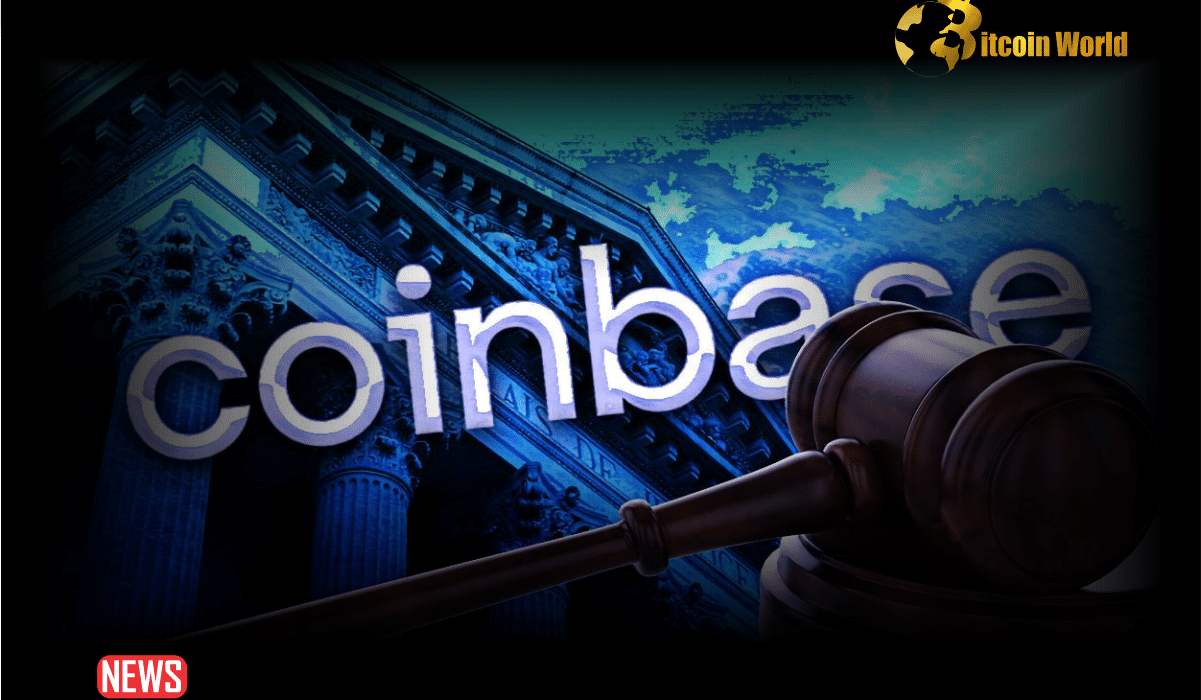The US Supreme Court has taken up a legal dispute involving Coinbase and its users, notably addressing a crucial procedural issue about whether a court or an arbitrator should decide which contract controls disputes.
The Supreme Court’s choice to take up this case represents a pivotal development for firms utilizing arbitration clauses.
According to Bloomberg, the problem originates from the parties’ conflicting agreements, with one contract encouraging arbitration and the other supporting courtroom action.
Coinbase initially used arbitration clauses to its clients, but a sweepstakes agreement that directed dispute resolution to California courts complicated matters. Following charges of fraudulent advertising, users filed a class-action lawsuit, challenging Coinbase’s standard arbitration process.
Lower courts resisted Coinbase’s efforts to promote arbitration. The sweepstakes agreement, which prioritized courtroom resolution, was upheld by a federal judge in California, who was supported by the United States Court of Appeals for the Ninth Circuit. As a result, the company’s desire to have the disagreement resolved through arbitration was denied.
Read Also: Biden’s New Rules For AI Could Affect AI Cryptocurrencies Like GRT, AGIX, FET
This judicial hesitation comes despite a recent Supreme Court judgment in a related case that went 5-4 in favor of Coinbase. The court subsequently found in favor of the company’s efforts to put a halt to consumer lawsuits while it sought to resolve problems through arbitration.
Coinbase has remained aggressive during this legal issue. The organization has expanded its services by offering new trading choices to its customers. Eligible retail consumers can now trade crypto futures contracts that are smaller in size and reflect a fraction of the value of Bitcoin.
The Supreme Court’s decision to hear this case is a watershed moment for businesses that use arbitration provisions. It also emphasizes the court’s ongoing participation in distinguishing between arbitration and legal processes. The decision is expected to have an impact on the creation and enforcement of user agreements, particularly in the ever-changing arena of digital currency trading.














